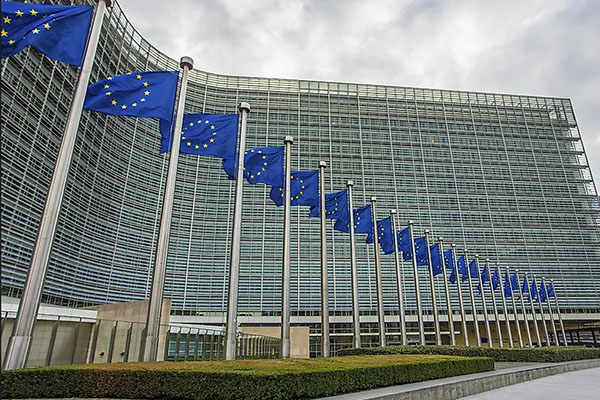Ireland’s desirability
On one hand, the increased regulatory burden, the prospect of increased corporation tax and an acute housing crisis pose questions over Ireland’s desirability as a location for tech companies to do business.
On the other, Ireland has already come under criticism from other EU member states for what is perceived to be an overly cosy, if not soft-touch approach to Big Tech, which the likes of Google and Meta will no doubt look to continue to flex in their application of the DSA.
In any case, the influence that Big Tech wields cannot be underestimated, particularly given revelations that in 2022 alone, five tech giants alone spent €29.5 million lobbying EU institutions.
Given the Irish economy’s heavy reliance on multinationals and FDI, how Irish regulators balance competing interests and walk the tightrope between keeping both Brussels and the tech giants happy will make for interesting viewing.
Collective reaction
The hope in Brussels is that equivalent legislation will be developed in other jurisdictions, including the US and UK.
The UK is currently working on its own version of the DSA, the Online Safety Bill (OSB), which seeks to introduce stricter controls on harmful content online. While, the US government has called for enhanced legislation to strengthen antitrust enforcement and control of Big Tech’s collection of personal data.
However, the road ahead for the US and UK looks particularly bumpy. One key obstacle is defining what qualifies as harmful content. The EU has navigated this issue by keeping its definition of harmful content broad and referring to the domestic legal definitions. For instance, Meta will be required to remove swastikas from Facebook in Germany but not in Ireland.
The US and UK will not have this luxury, and the UK’s OSB has already been subject to almost five years of political wrangling, which has seen the Bill drop a requirement for platforms to take down “legal but harmful” content.
The EU is demonstrably intent on making Big Tech accountable for what appears on their platforms.
Given that many of the world’s largest tech companies call Ireland their home in Europe, and that the Irish Data Protection Commission was responsible for issuing more than a third of the €2.92bn in EU data breaches fines last year, Ireland is on the frontline of the EU’s battle with Big Tech.
Only time will tell how successful this new legislation will be, but for now, all eyes move to London and Washington DC to see how they grasp the nettle.




